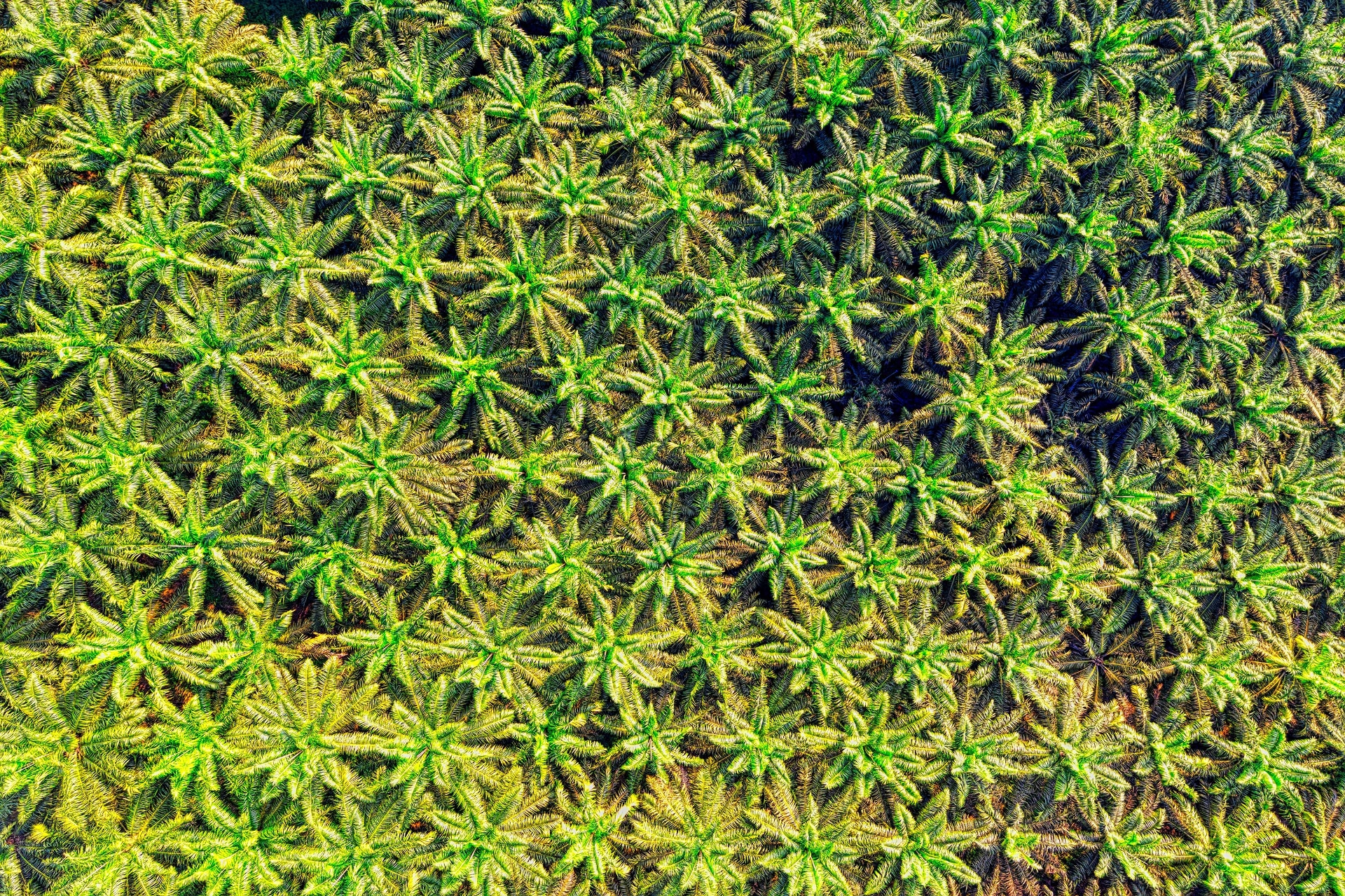Cookies
Van Hall Larenstein treats its customers' information with the utmost care and will never make this information available to third parties. Read more about us Privacy and Cookie Policy

Indonesia is the largest palm oil producer in the world. For decades the oil palm plantation area in Indonesia has been expanding at the cost of valuable forests and peatlands, resulting in severe biodiversity loss and carbon emissions. These sustainability concerns are threatening the “license to sell” of Indonesian palm oil, especially in Europe. Expansion of oil palm areas is no longer desired as result of demand for more sustainable palm oil. This may threaten the economic perspective of palm oil producing countries.
The SustainPalm programme addresses a number of solutions to maintain a good economic value of palm oil production without putting pressure on land, water, natural resources, and people: 1) increasing land-use efficiency through oil palm integration with crops and livestock; 2) increasing the sustainable use of mill and field biomass residues and 3) increasing sustainability in carbon and biodiversity rich landscapes including peatlands.
SustainPalm is a research and implementation programme. It aims to establish several Living Labs in which different stakeholders such as palm oil growers, producers, processors, as well as communities and smallholder farmers collaborate to demonstrate strategies to enhance the alternative values of palm oil. Results and experiences are shared through Communities of Practice with the aim to exchange knowledge and create a learning environment.
More information: www.sustainpalm.org
Professor: Peter van der Meer, associate professor Sustainable Palm Oil and Tropical Forestry
Project duration: 2022-2025
Project partners: Wageningen University and Research (WUR), University Lambung Mangkurat (ULM), Insitut Pertanian Bogor (IPB)